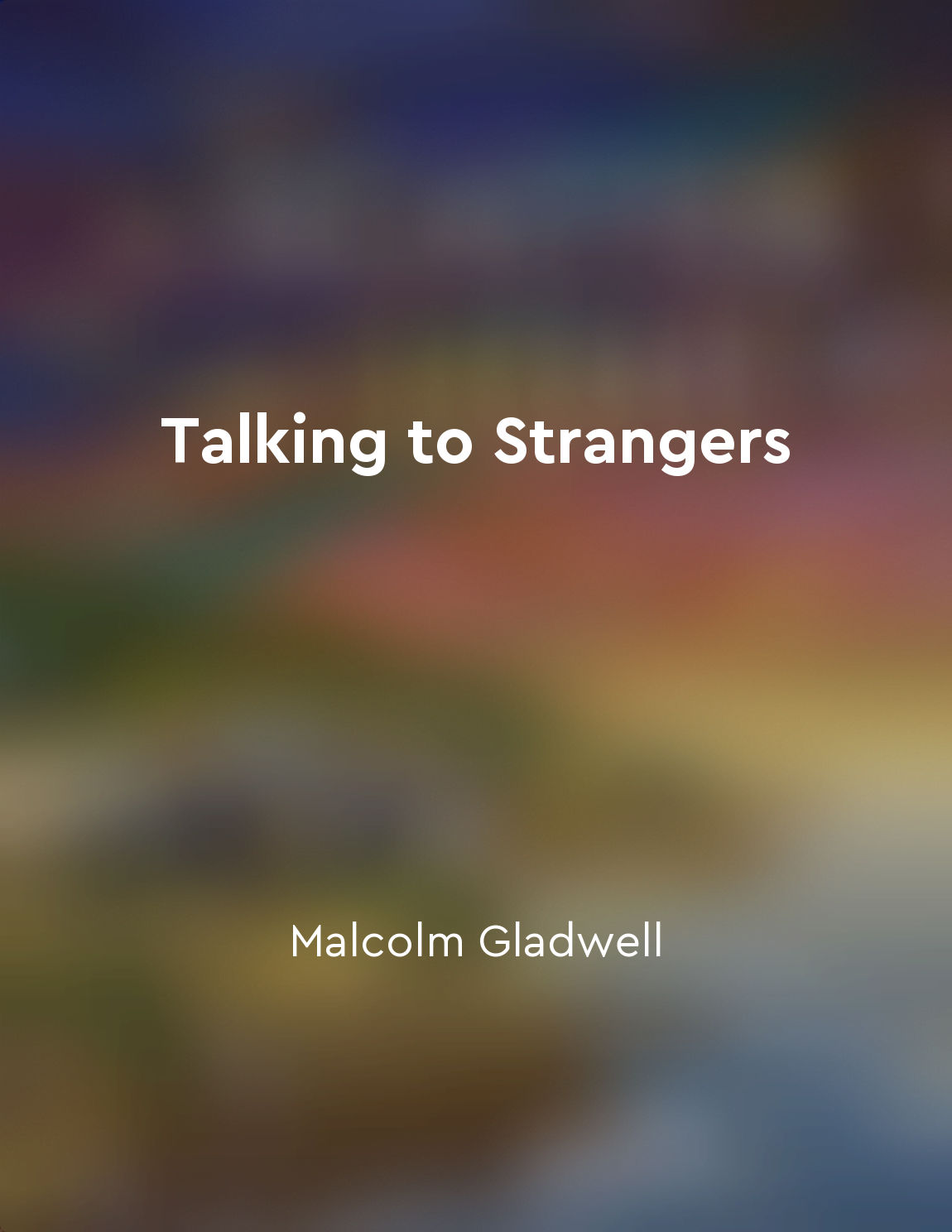Audio available in app
Recognize the bystander effect from "summary" of The Art of Thinking Clearly by Rolf Dobelli
The bystander effect is a phenomenon that reveals an uncomfortable truth about human nature: the more people who witness an emergency, the less likely anyone is to help. This chilling tendency was first demonstrated in a series of experiments conducted by social psychologists John Darley and Bibb Latané in the late 1960s. They showed that if a person collapsed in a room full of strangers, the likelihood of someone offering assistance was significantly lower than if the same incident occurred in front of just one individual. The reason for this counterintuitive behavior lies in the diffusion of responsibility. When we are alone, we feel a personal obligation to assist someone in need. However, in a group setting, we subconsciously assume that someone else will step in, leading to a dangerous collective inertia. This effect is exacerbated by social cues; if others appear unconcerned or indifferent, we are more likely to follow suit. The bystander effect is not limited to physical emergencies; it can also manifest in less dramatic situations, such as witnessing harassment or unethical behavior in the workplace. In these cases, the presence of others can create a sense of shared responsibility, leading individuals to remain silent or inactive when they should speak up or take action. This can have serious consequences, allowing harmful behaviors to go unchecked and perpetuating a culture of complicity. To combat the bystander effect, it is essential to be aware of its existence and actively work against its influence. This may involve consciously reminding ourselves of our individual responsibility to help others, regardless of the presence of bystanders. It can also mean speaking up or taking action when we witness wrongdoing, even if it feels uncomfortable or challenging to do so. By breaking the cycle of diffusion of responsibility, we can create a more compassionate and proactive society where bystanders are transformed into upstanders.Similar Posts
Group dynamics influence individual behavior within a social group
Group dynamics play a crucial role in shaping individual behavior within a social group. When individuals come together in a gr...

Our assumptions about strangers are often inaccurate
In our daily interactions, we tend to make assumptions about strangers based on their outward appearance or behavior. These ass...
Social support is important for mental health and resilience
The presence of social support has been found to be crucial when it comes to promoting mental health and resilience. People who...
Moral diversity leads to societal strength
Moral diversity, like all diversity, is a source of strength. When people come together with different backgrounds, perspective...
The journey of selfdiscovery and spiritual growth is a lifelong process
Embarking on the path of self-discovery and spiritual growth is not a one-time event but rather a continuous journey that unfol...

We are swayed by the power of storytelling
Stories have a profound impact on our beliefs, decisions, and actions. They have the power to shape our perceptions and influen...

Effective feedback helps individuals and the group grow
Effective feedback is like a compass that guides individuals and groups towards growth. It provides valuable insights that help...
Practice selfdiscipline and focus to achieve your goals
To achieve your goals, it is essential to practice self-discipline and maintain focus. Self-discipline involves the ability to ...
Selfawareness sets humans apart from other animals
One of the most defining characteristics of human beings is their self-awareness. This ability to reflect on oneself and unders...
Cognitive biases can lead to poor decisionmaking
Cognitive biases can cloud our judgment and influence the decisions we make. These biases stem from our mental shortcuts and in...
